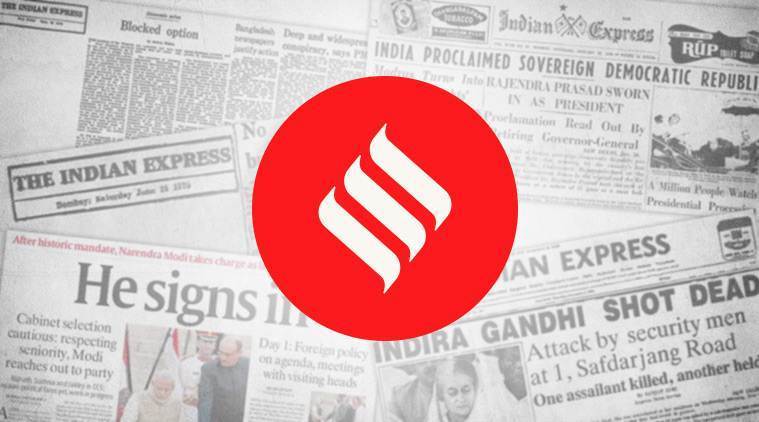Opinion Figure it out
Decision to scrap consumption expenditure survey is unfortunate, further weakens credibility of statistical system

 The government’s decision to scrap the latest round of the consumption expenditure survey has dealt another blow to the independence of the Indian statistical system.
The government’s decision to scrap the latest round of the consumption expenditure survey has dealt another blow to the independence of the Indian statistical system.
The government’s decision to scrap the latest round of the consumption expenditure survey has dealt another blow to the independence of the Indian statistical system. The decision, which comes after it had initially suppressed the findings of the periodic labour force survey, lends further credence to the view that the current government is uncomfortable with data that is not in sync with its projected narrative. The rationale for withdrawing the report, partly on grounds of divergence with national accounts data, is perplexing. This divergence is well known in academic circles and has been the subject of much debate. It is more probable that the results of the survey, carried out during a period when the economy was reeling from the effects of demonetisation and the shift to the goods and services tax, were unpalatable as they would have revealed the true extent of the shock to the system.
According to reports, the latest consumption expenditure survey shows that real household consumption fell by 3.7 per cent, to Rs 1,446 in 2017-18, from Rs 1,501 in 2011-12. As household expenditure accounts for a significant share of the economy, this data is at odds with official data which shows that the economy grew at 7.2 per cent in 2017-18. One possible explanation could be that as these surveys provide greater insight into the informal economy, these numbers, along with the unemployment data, suggest that the informal economy bore the brunt of both demonetisation and GST, which the high-frequency indicators, which largely capture the formal economy, were unable to reflect more accurately. The decision to reject this report has several implications. For one, it implies that there will not be an estimate of poverty for 2017-18. Now, after the last survey in 2011-12, it was widely expected that absolute poverty in India would have declined significantly. But the results of the survey, which show that rural consumption actually declined between 2011-12 and 2017-18, challenge this notion. Further, as these surveys also form the basis of the estimation of inequality in India, and are used for adjusting the consumer price index as well as the GDP data, scrapping the survey means further delays in updating these key statistics.
If the government did think that 2017-18 was an unusual year, it could have announced plans to carry out another survey before parts of the report were published in the media, as was done in 2009-10. But, a more sober response would have been to release the data while acknowledging its limitations. Reliable and timely data form the bedrock of sound policy-making. Doubts over official data, as in the case of the controversy over the GDP figures, weaken the credibility of the entire statistical system. Suppressing data will only further erode it.





